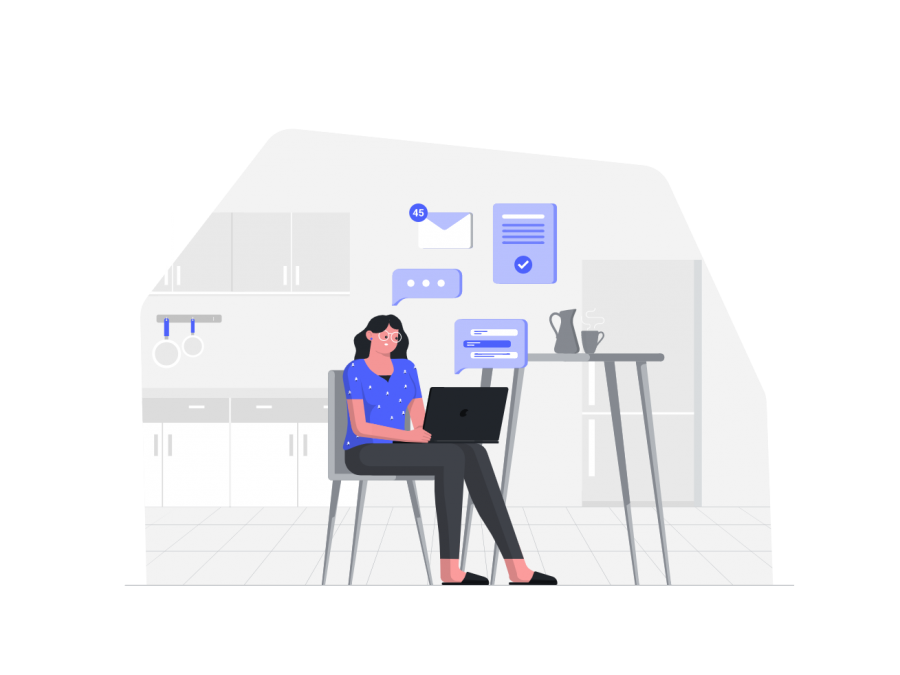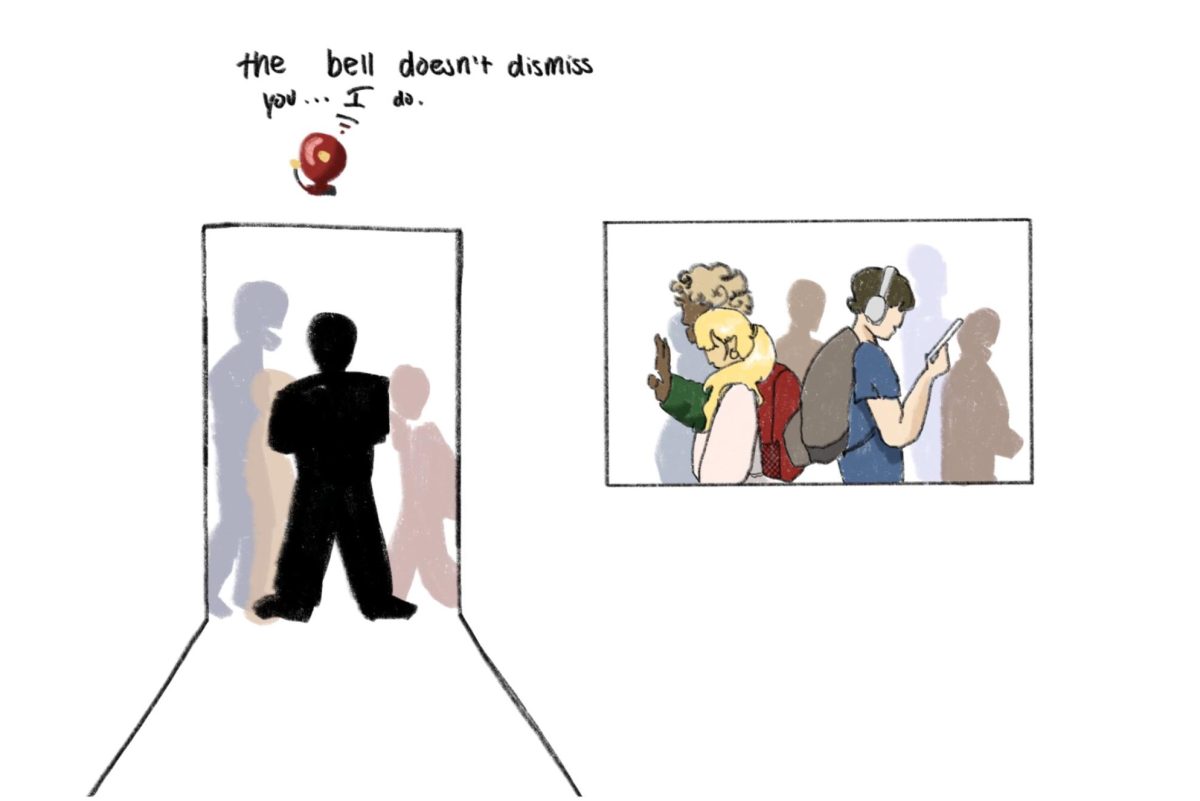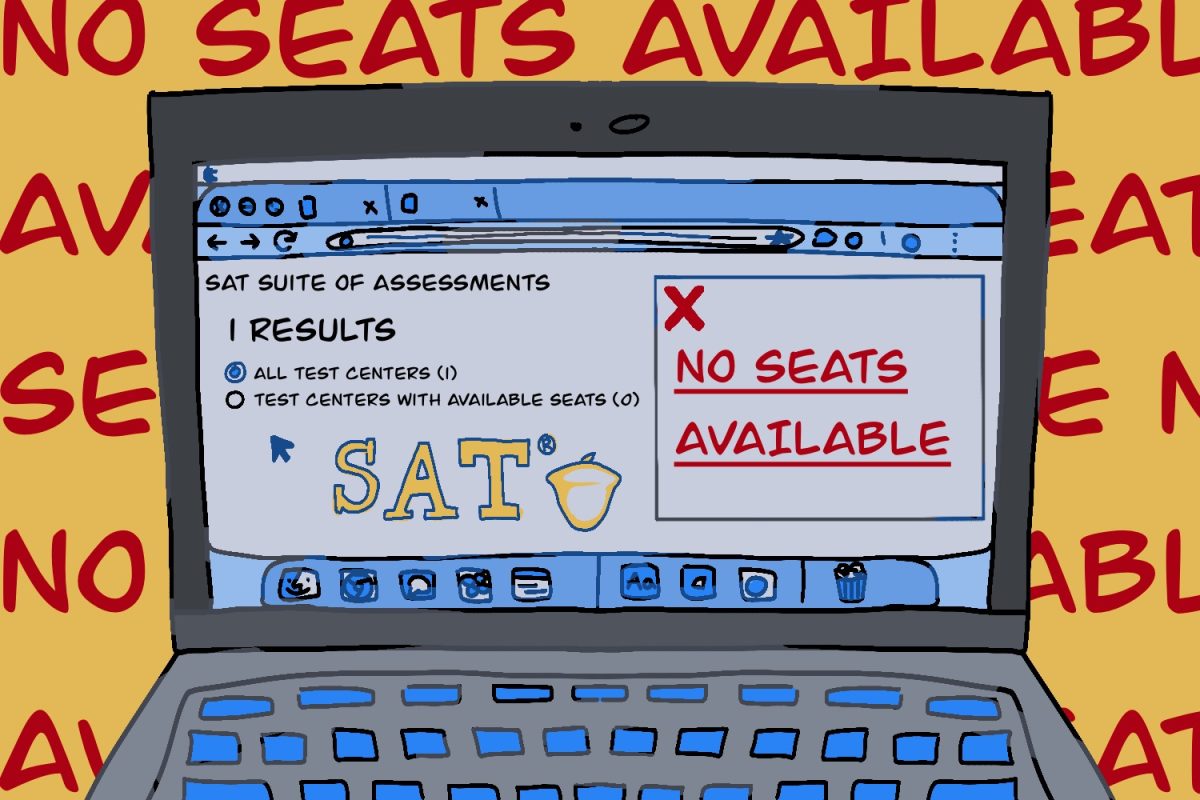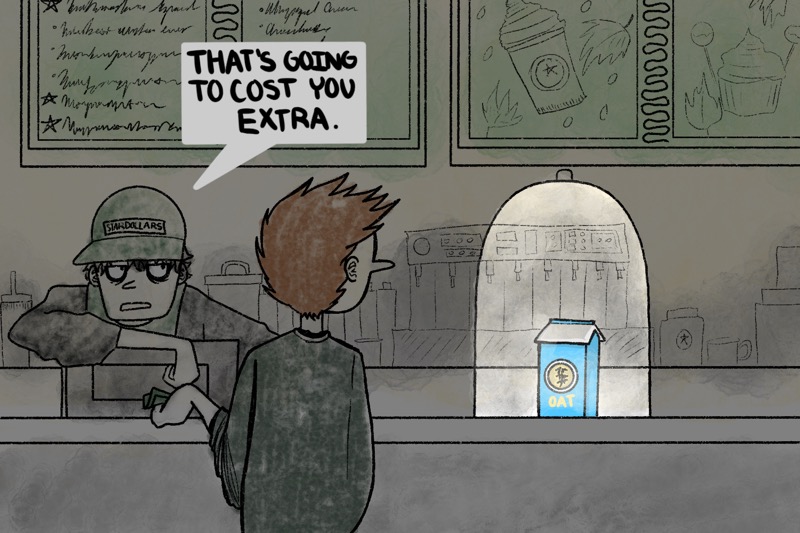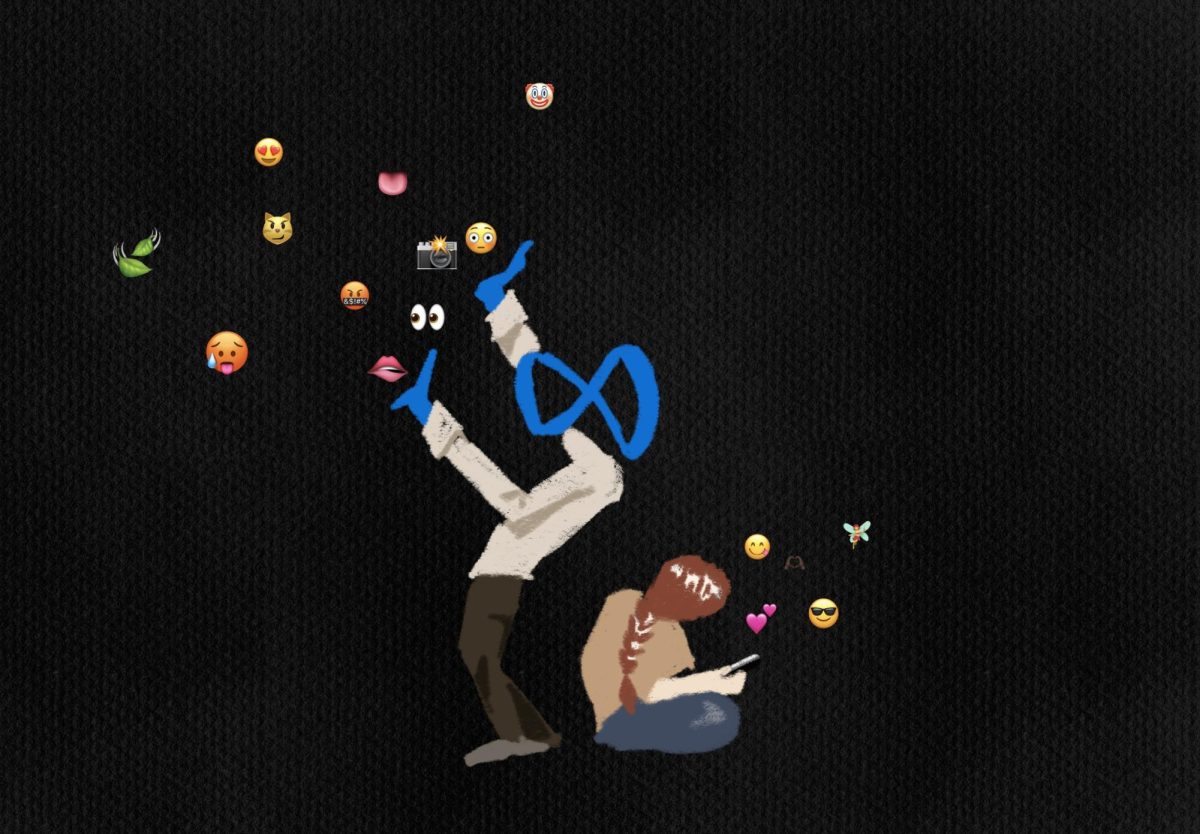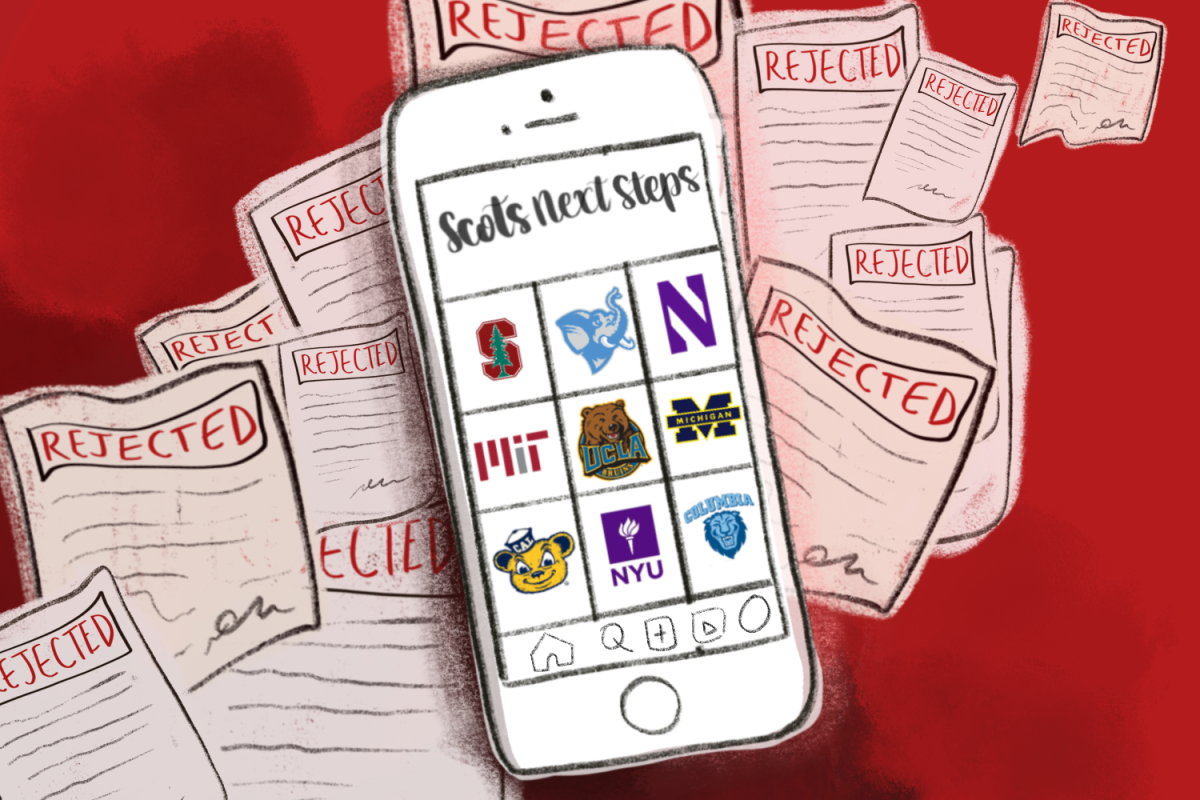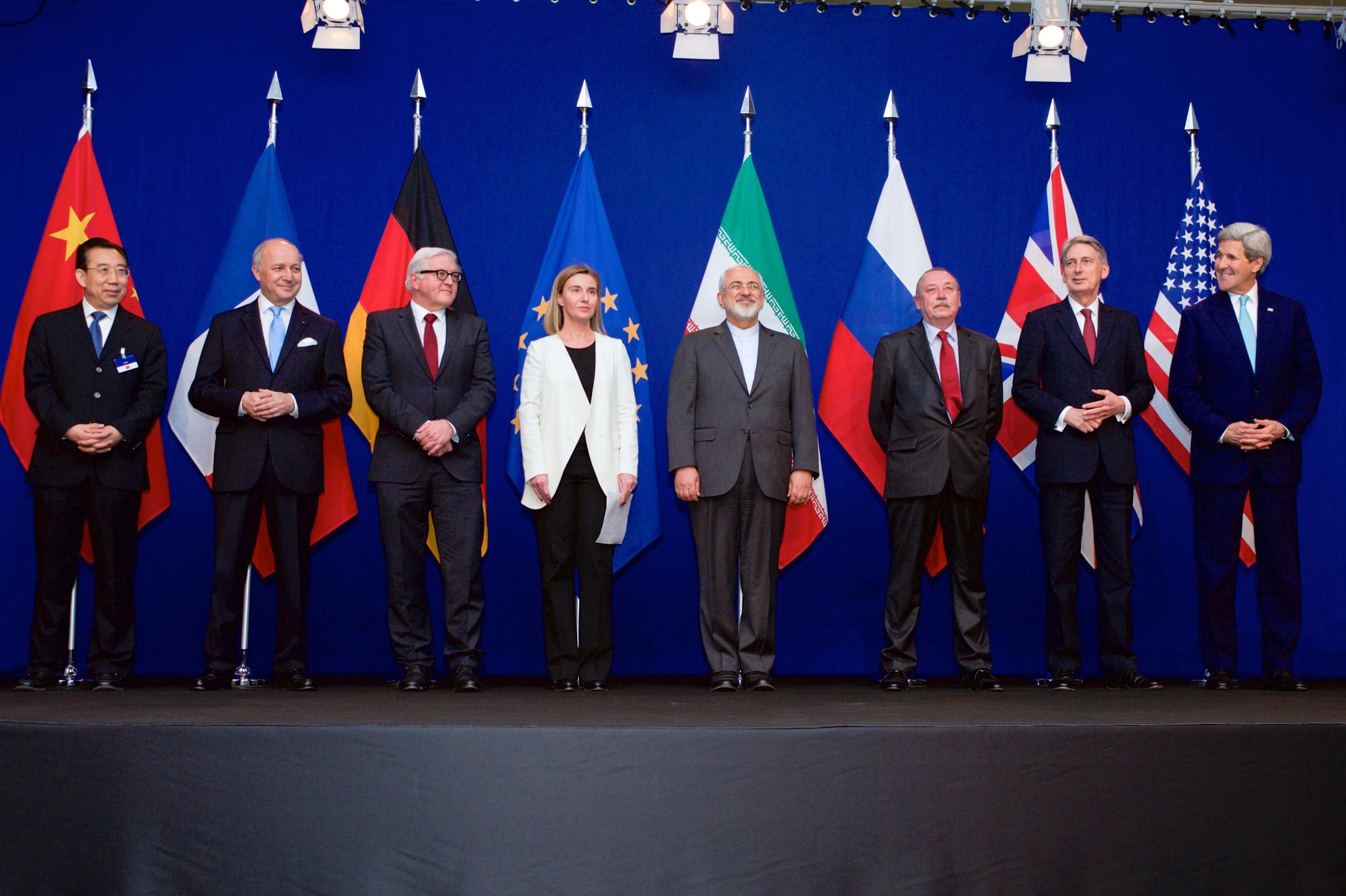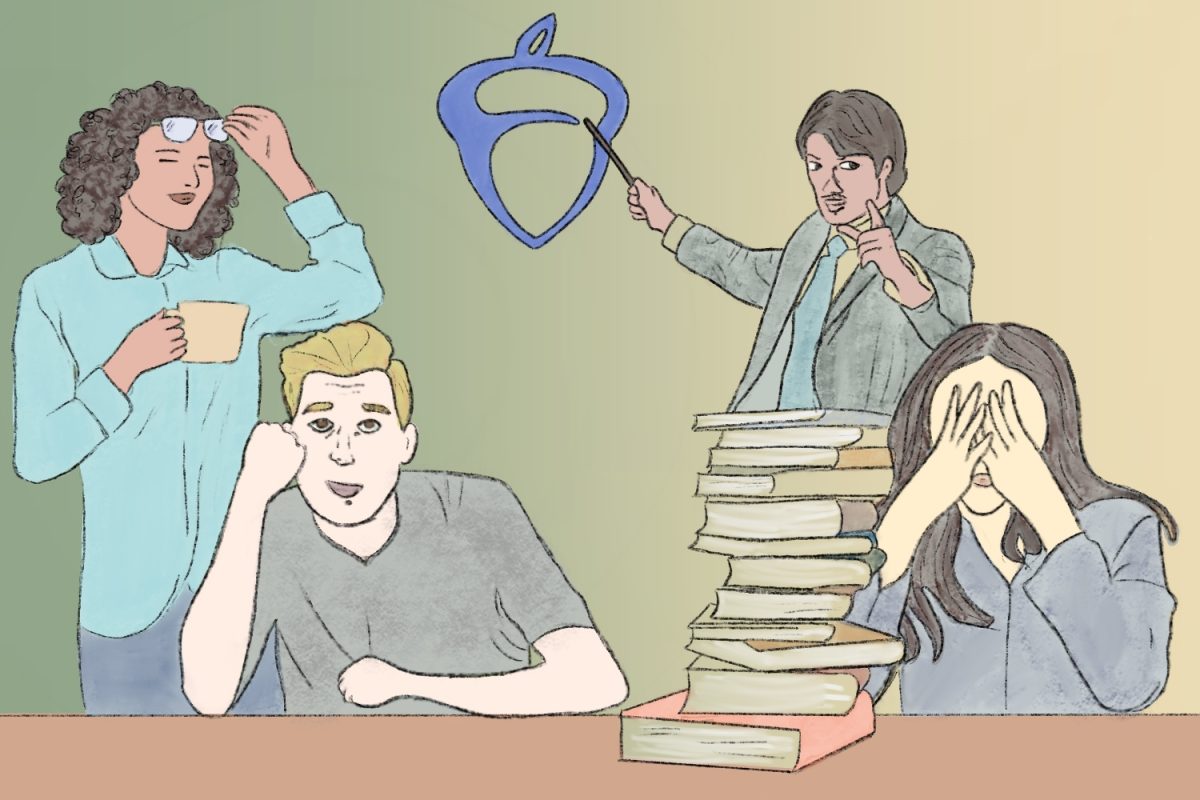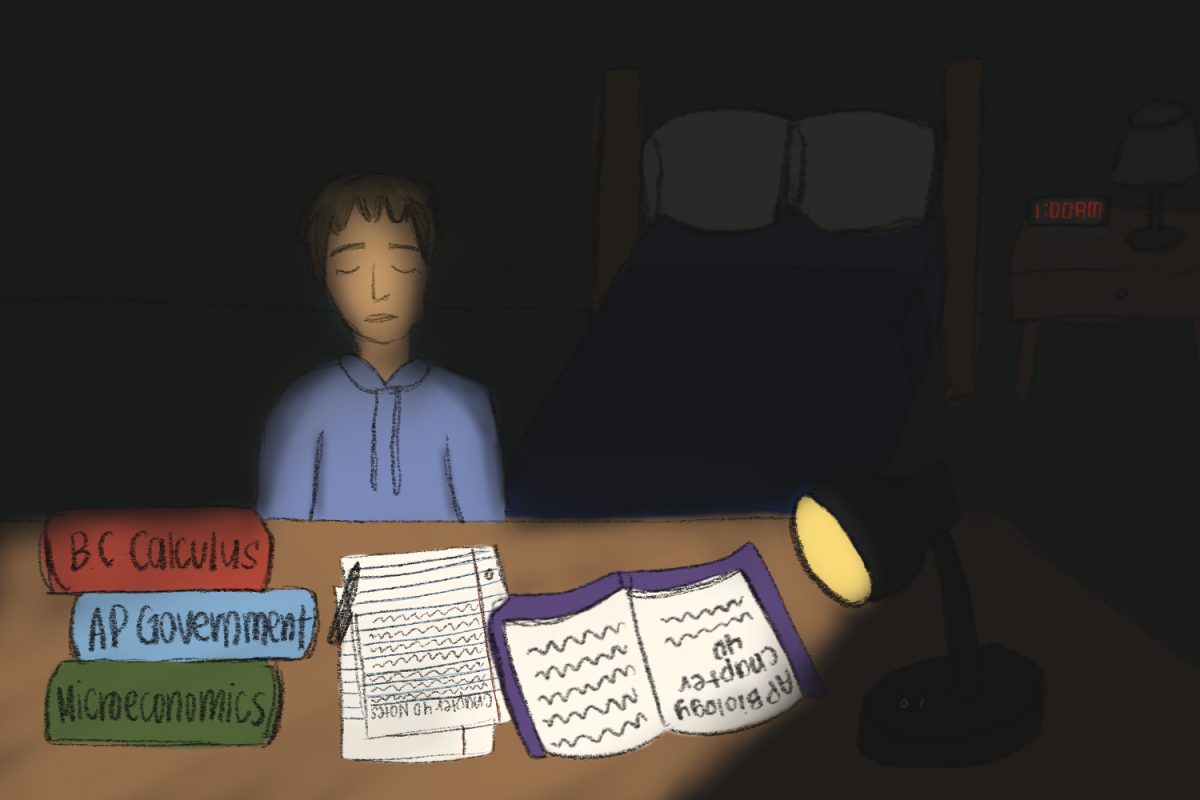The internet provides a vast amount of information and gives many a way to connect with people worldwide. Over 4.5 billion people, or about 59% of the world’s population, are active internet users. Open access to the internet should be considered a human right due to its necessity to spread and receive information in the modern world.
On the contrary, some may say that the internet is a privilege, not a right, because much of the information can be found offline, even if it’s slower. While this may work for things like research, it is not adequate for things like the news, which changes constantly. Furthermore, the lack of internet restricts people to a much narrower worldview because they may not learn news from other countries as easily.
In addition to receiving practically infinite amounts of information, disseminating it is vital in the modern world. The internet allows people to share information across the globe instantaneously. As the world becomes more digital, people’s right to communicate instantaneously becomes more and more critical.
Moreover, during the COVID-19 pandemic, internet access is more essential than ever. As schools, jobs, and other facets of life move online, access to the internet is vital to prevent growing inequalities. However, lower-income households are less likely to have internet access, leading to many students falling behind in education.
To avoid an increase in inequalities, everyone must have a viable internet connection and access. This connection must also be strong enough to provide all the functionality required of the modern world, especially with the circumstances of the COVID-19 pandemic.
Despite access to the internet being necessary, it is not sufficient in the present world. The information must be free. That is, there cannot be government censorship. Freedom of expression, a right granted in the United Nations’ Universal Declaration of Human Rights, should extend to the internet.
It’s easy to think of the internet as merely a place where one can consume news, connect with friends, and watch random videos. And it’s true; the internet can be used for all of those things. However, it’s more than that; it’s an essential part of contemporary life. It provides people with the opportunity to share and receive ideas, to access a vast sea of knowledge, and learn more about the world than ever before. As the world becomes more digital, access to the internet should be considered a right, not a privilege.
*This editorial reflects the views of the Scot Scoop editorial board and was written by Jack Hansen.

